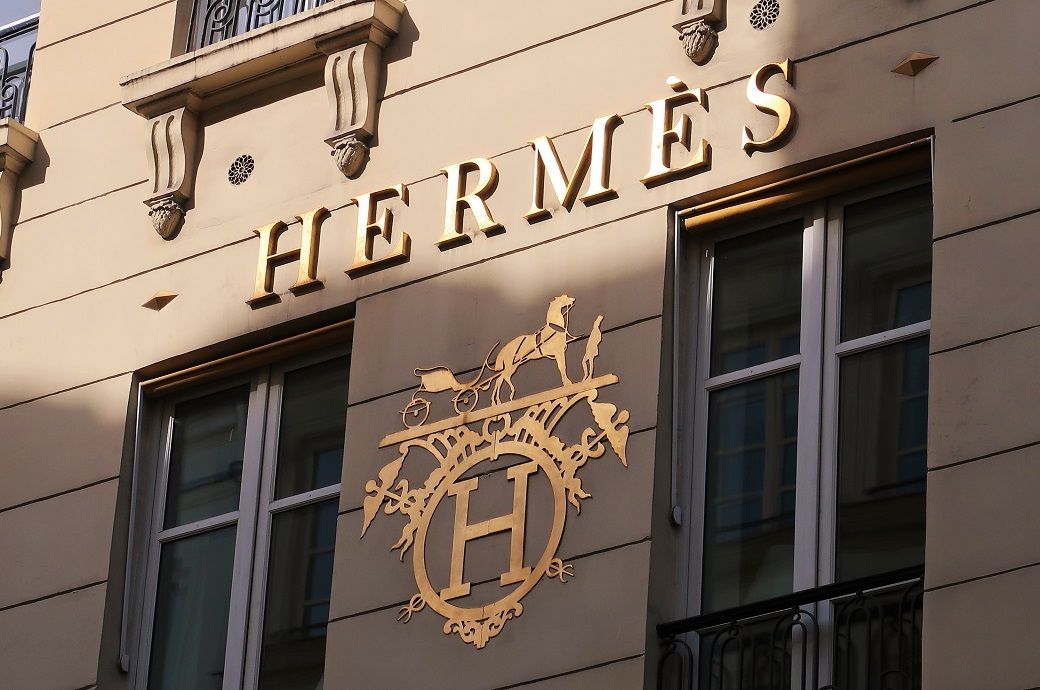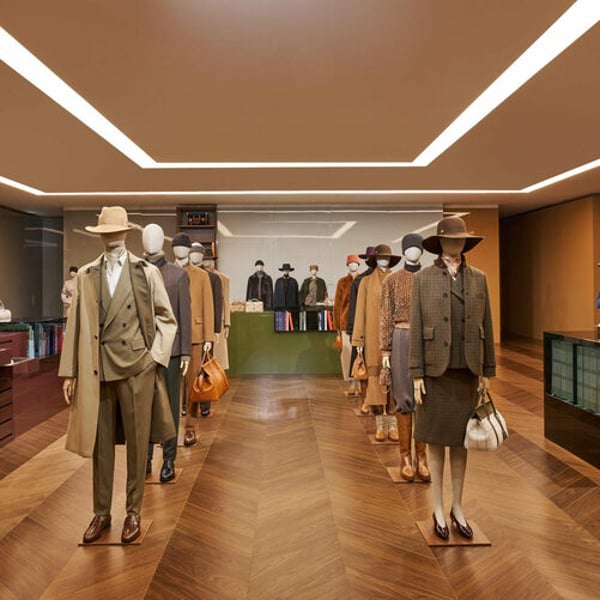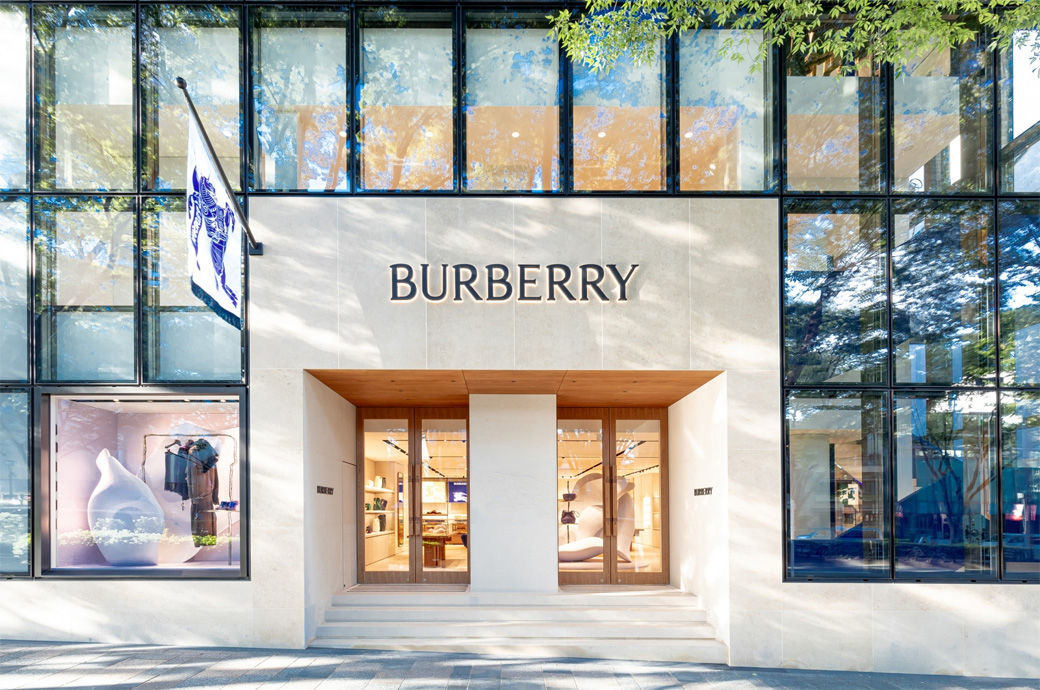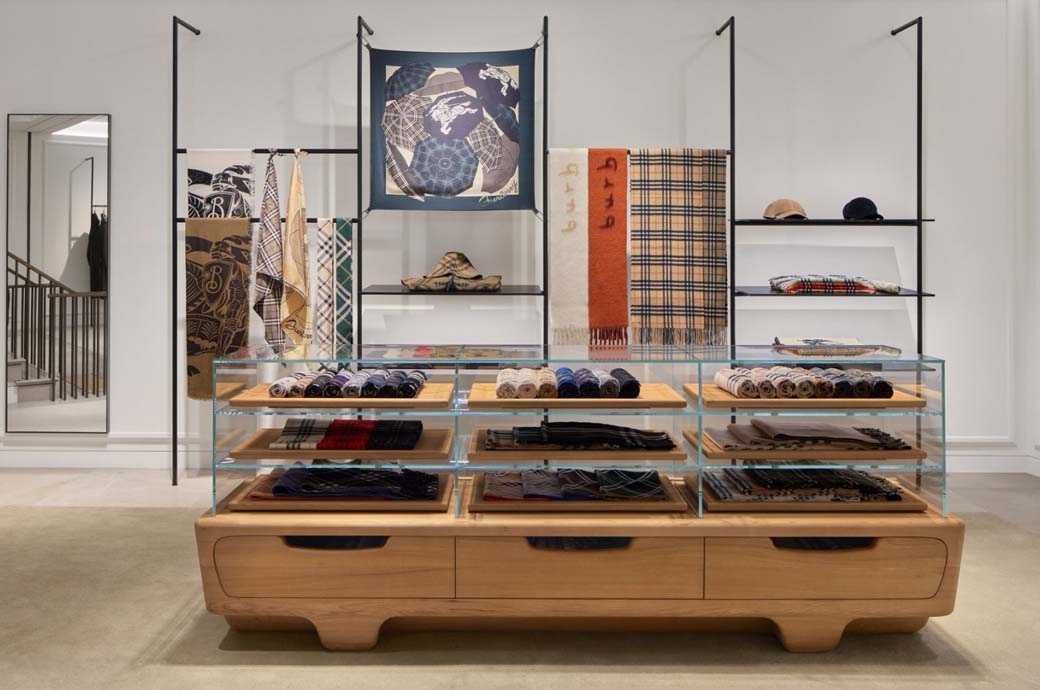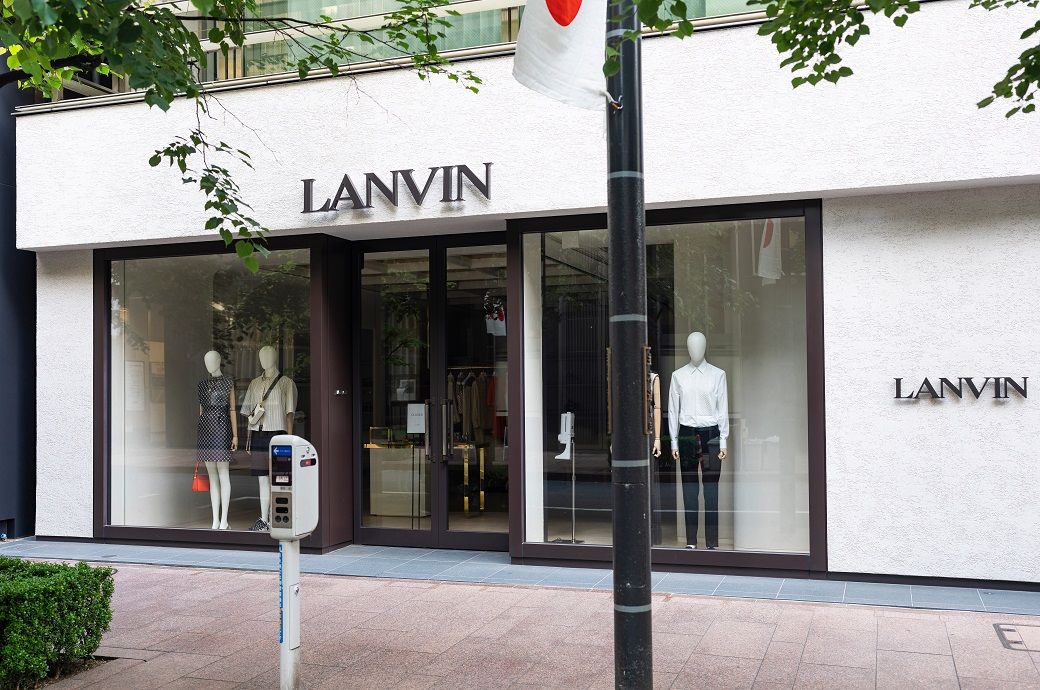By
Bloomberg
Published
December 6, 2024
Canadian fashion retailer Aritzia Inc. is rapidly increasing its presence in the United States thanks to a timely bet on prime real estate. That bet is paying off for both the company and its founder.
The 40-year-old company opened a new flagship store in New York's trendy Soho neighborhood last month and another on Chicago's Magnificent Mile on Nov. 30. It has more locations planned for Fifth Avenue and the Flatiron District in the coming months.
The openings are part of a broader expansion that has seen Vancouver-based Aritzia add 20 U.S. locations starting in fiscal 2022, increasing its store count in the country by about 50%. Its U.S. sales surpassed Canadian revenue for the first time last year and accounted for 56% of the total in its most recent quarter.
The growth has seen the stock soar more than 100% in the past 12 months, which in turn has boosted founder and chairman Brian Hill's net worth to $1.1 billion, according to the Bloomberg Billionaires Index. who is assessing his fortune for the first time.
“We have a lot of opportunities in the United States,” Hill, 63, said in an interview from his Vancouver office. “We found that since we got into e-commerce and our product range has increased so much, we need bigger stores.”
Founded in 1984, Aritzia built a loyal Canadian following with its stylish yet affordable women's clothing. More recently, it has caught the attention of Generation Z in the US, with the help of social media campaigns with the likes of influencer Nara Smith and viral posts from celebrities sporting its clothes, including Bella Hadid and Sabrina Carpenter .
“Social media and the Internet have changed everything,” Hill said. When Aritzia was founded, women in Paris were typically a year or two ahead of those in the United States and Canada in terms of fashion trends. “But now it's instantaneous. When a celebrity in Hong Kong, New York or London wears something, everyone on the planet will see it and want it within hours.”
Online attention has translated into growth in its e-commerce business, where revenue increased more than 10% in its most recent quarter. Last year, Aritzia opened a new 562,000-square-foot distribution center outside Toronto to accommodate its growing order volume.
But it's the new stores that have really given Aritzia a boost: They accounted for about half of its U.S. revenue growth in the three months ended Sept. 1, Chief Financial Officer Todd Ingledew said on his conference call about earnings.
Aritzia signed leases for some of its prime new locations near the end of the Covid era, when traffic and sales were still depressed. That allowed it to secure more square footage and pay “significantly less” than its pre-pandemic rents, Karen Janes, the company's executive vice president of real estate development, told investors in 2022.
“New store openings are one of the biggest drivers of customer acquisition,” said Mary Ross Gilbert, senior analyst at Bloomberg Intelligence. “All Aritzia boutiques are in good real estate locations and some of them can break even in 10 months, exceeding their targets.”
Even as U.S. sales have increased, Aritzia has seen momentum slow at home. CEO Jennifer Wong warned of a “weaker consumer environment” in Canada during the October earnings call, and the company also cut the top end of its full-year revenue guidance. Shares fell 12% in the days following the announcement, but have largely recovered since then.
In the longer term, its expansion in the United States is expected to help offset the weakening Canadian market.
“While the Canadian market certainly matters, a successful expansion into the U.S. market would cushion any slowdown in Canada,” said Doug Stephens, founder and CEO of Retail Prophet. “For Aritzia, the challenge will be to grow at a pace that does not outpace its ability to hire and adequately staff its stores to provide superior service. “If they lose the service component, they become more of a fast fashion brand.”
Retail family
Hill was introduced to retail in elementary school, when he often spent time after school helping at his grandfather's textile store in Vancouver. His father later took over the business and expanded it into a department store called Hills of Kerrisdale, where the Aritzia concept was launched.
After studying economics at university, Hill saw an opportunity to open a luxury women's clothing store in Vancouver and opened the first independent Aritzia in 1984 with the help of her brother and sister.
The company launched its first exclusive brand, Babaton, a decade later and opened its first US store in 2006. It raised C$400 million ($285 million) in 2016 to list on the Toronto Stock Exchange, making it the largest such initial public offering in Canada. year. The retailer now has more than 120 boutiques on both sides of the border.
The retail DNA could have been passed down to the fourth generation of the family. Hill said his daughter, who just graduated from college, recently started working in Aritzia's product strategy division, but he's open to whatever she decides to do in the future.
“I've always said to myself, on the days I drive home and I'm exhausted, 'If it were easy, everyone would do it,'” Hill said. “Thank God it's complicated.”


